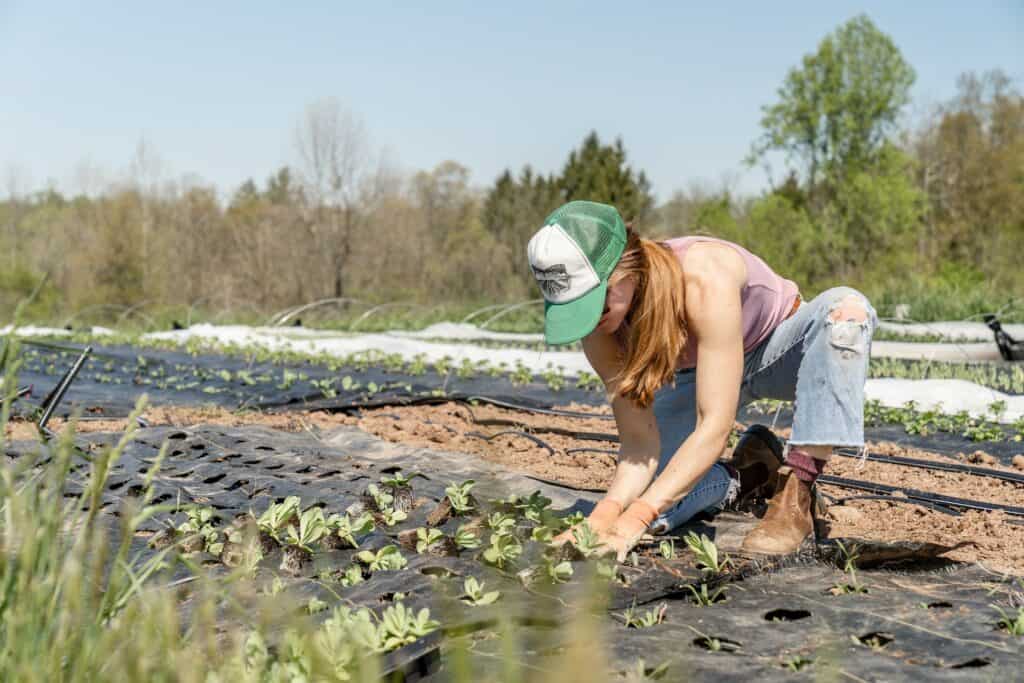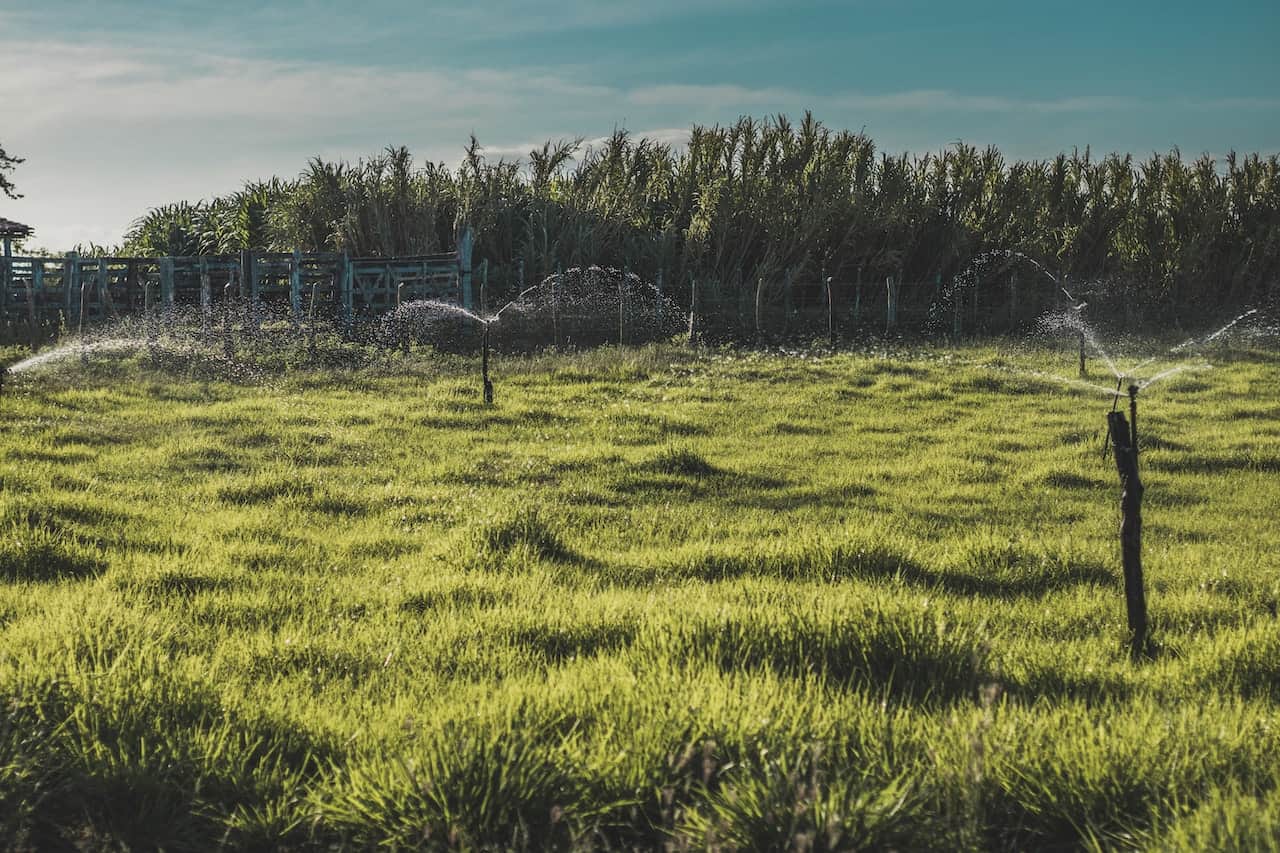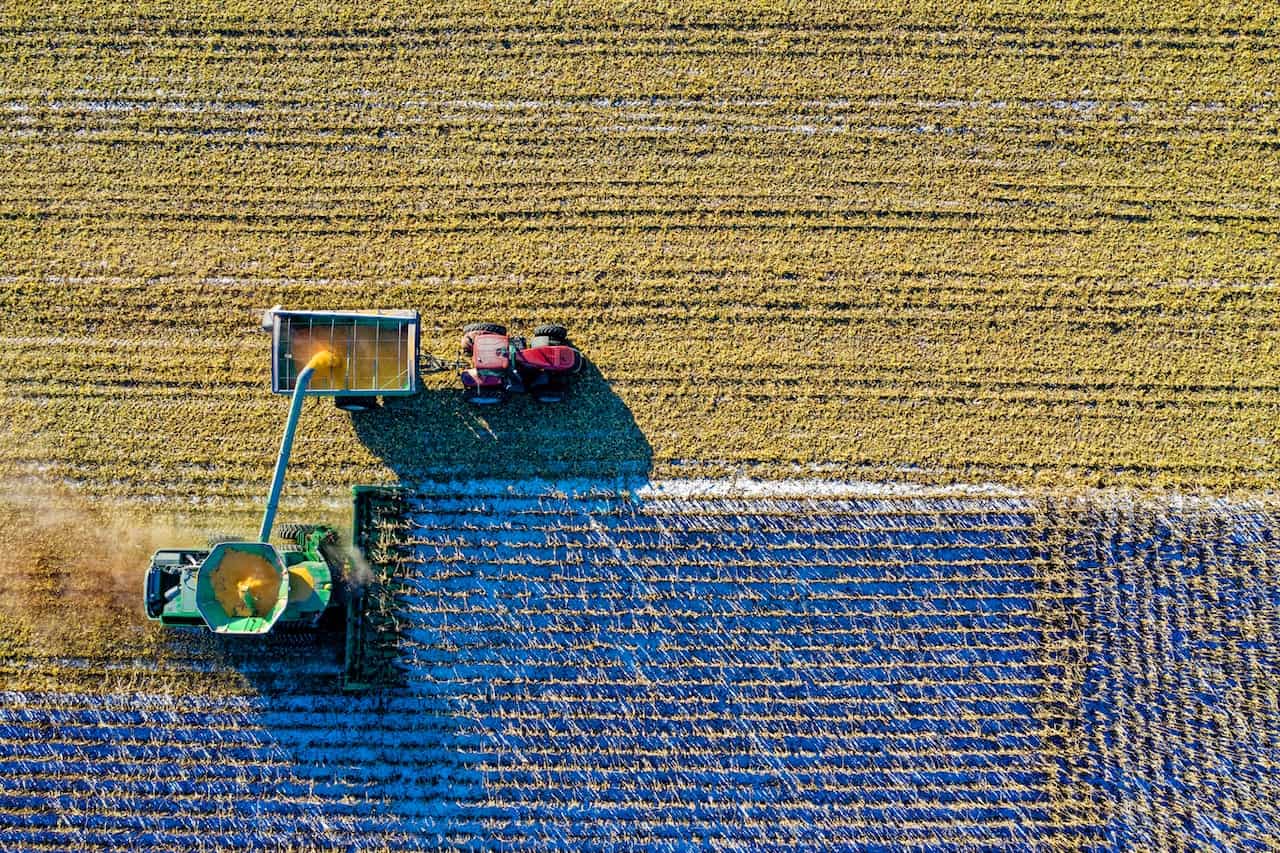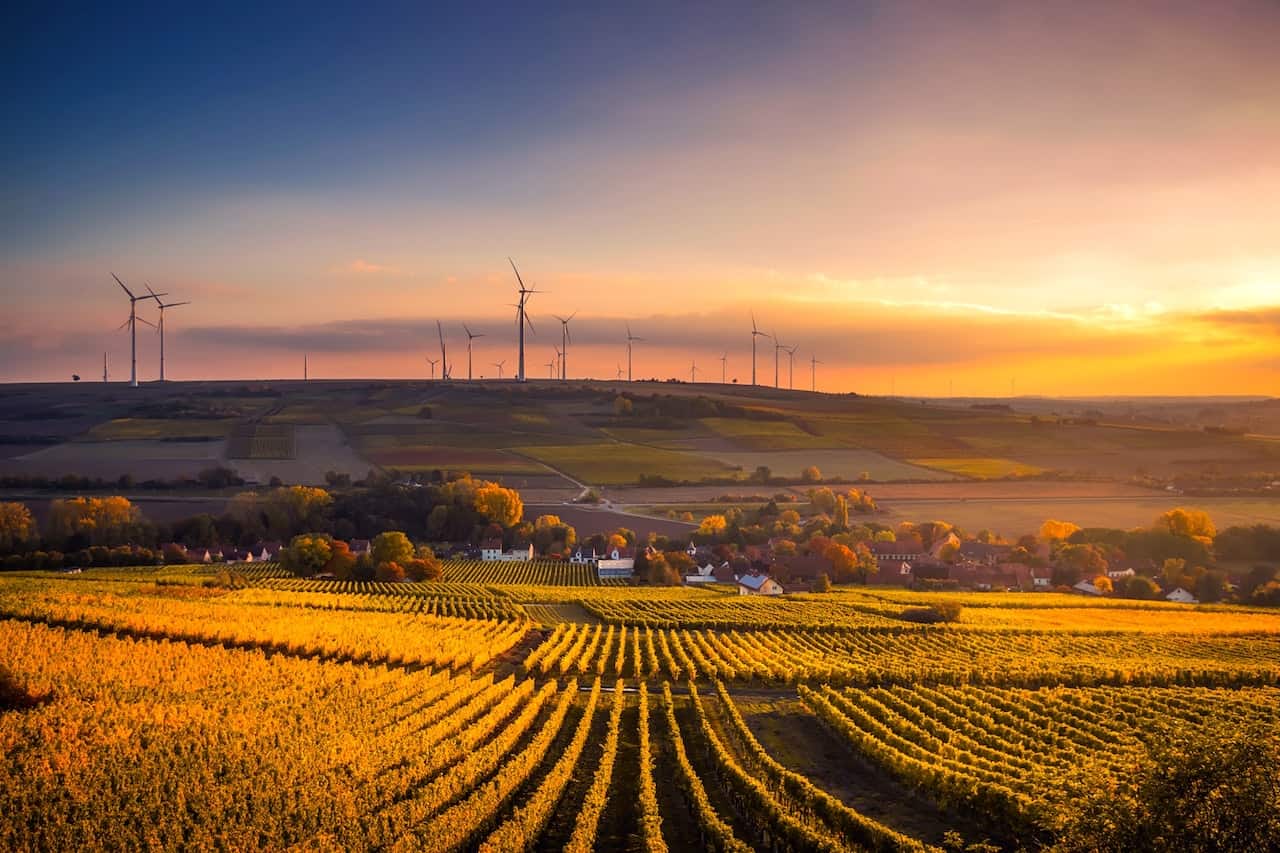Unlocking The Secrets Of Sustainable Farming With The Right Tools

As we’re facing a growing global population and an alarming need to preserve the environment, we must unlock the secrets of sustainable farming. Sustainable farming practices are critical in reducing environmental damage, maintaining natural resources, and assuring long-term productivity. However, in order to attain these objectives, it’s critical to employ the proper farming tools, which can boost farming’s effectiveness, economics, and environmental friendliness.
Let’s take a look at some of the resources farmers can utilize for sustainable farming and make a positive impact on the future of sustainability.
What Is Sustainable Farming?
Sustainable farming strives to supply the rising need for food while avoiding any adverse effects on the environment. Sustainable agriculture may eventually increase soil fertility, reduce production costs, and increase crop yields for farmers. Also, it helps lessen greenhouse gas emissions, save water, protect biodiversity, and prevent soil erosion.
Finally, employing sustainable practices can aid in creating agricultural systems that are more adaptable and resilient to shifting weather patterns and other environmental difficulties.
The key principles of sustainable agriculture include:
- Soil health: Maintaining healthy soil on farming land through practices such as crop rotation, cover cropping, and minimal tillage.
- Biodiversity: Intercropping, various agricultural rotations, and the preservation of natural habitats are all ways to promote biodiversity.
- Water management: Utilizing a variety of crop rotations, intercropping, and protecting natural ecosystems promotes biodiversity.
- Integrated pest management: Using organic methods to control pests and diseases, such as crop rotation, biological treatments, and the adoption of resistant crop cultivars.
- Energy efficiency: Lowering energy use by adopting techniques including employing renewable energy sources, making the best use of equipment, and cutting waste.
The Importance of Using the Right Farming Tools
The proper equipment is essential for sustainable agriculture since it improves productivity, cuts waste, and lessens adverse environmental effects. The right tools can also help farmers monitor and manage their crops and soil more effectively, leading to higher yields and better-quality produce. For example, precision agriculture tools can help farmers apply inputs such as fertilizers and pesticides more precisely, reducing waste and minimizing the risk of environmental pollution.
What tools make farming easier?
There are many tools that farmers can choose to implement sustainable agriculture practices. Some examples include:
- Soil testing equipment: Soil testing equipment can help farmers determine the nutrient levels in their soil and adjust their fertilization practices accordingly, reducing the risk of over-application and waste.
- Crop sensors: Crop sensors can help farmers monitor plant health and detect nutrient deficiencies, allowing them to adjust their fertilization practices and prevent nutrient leaching.
- Cover crop rollers: Cover crop rollers can help farmers terminate cover crops more efficiently, reducing the need for herbicides and promoting soil health.
Should You Use Traditional Tools Too?
Wrenches, blades, pliers, and tractors are not inherently unsustainable tools. In fact, tractors can be used to implement sustainable practices such as reduced tillage and precision agriculture, which can help conserve soil and reduce resource use. However, the sustainability of each tool depends on its usage and maintenance.
For instance, if a tractor is used excessively or unnecessarily, it may cause soil compaction and field erosion, which may lower the productivity and health of the land. Similarly, if wrenches and pliers are used to repair machinery that is beyond repair or should be replaced, this can lead to unnecessary resource consumption and waste.
So, how a tool is used, maintained, and replaced will determine how long it will last.
Farmers should routinely evaluate the sustainability of their farming equipment and methods and make necessary improvements to foster long-term sustainability.
Final Thoughts
In addition to having the right tools, choosing the right piece of land is also essential to sustainable farming since it influences factors including soil quality, water availability, topography, biodiversity, and climate suitability. By choosing the right piece of land, farmers can employ sustainable practices more effectively, reduce the number of resources they use, and help the agricultural system last for a long time.
To help you choose the ideal location to launch your farming enterprise, Discount Lots provides a large selection of farming properties in practically every region. As part of our services, our expert staff will collaborate with you to identify and evaluate alternative plots and make sure you have access to the best deals. Visit our site to check the availability and details of our offerings today!
Looking for Vacant Land?
Discount Lots has affordable land for sale across the country.
SEARCH FOR LAND
Ready to find a piece of land to call your own? Use our interactive map to search available properties!



